After days of headlines featuring the implosion of his relationship with Elon Musk, President Donald Trump wrested control of the news cycle by deploying National Guard troops to the Los Angeles area in response to immigration protests — and igniting a new political firestorm in the process.
It’s the first time in 60 years a U.S. president has taken such a step without a governor’s consent, and the move drew immediate rebukes and a lawsuit from Democratic Gov. Gavin Newsom, the president’s frequent nemesis.
Newsom accused the president of speaking like an “authoritarian,” and Trump and his border czar, Tom Homan, have seized the moment to ridicule Newsom’s leadership and drag him into a debate over immigration, including with a threat to arrest the California governor. On Monday, Trump ordered about 700 marines to LA to support the National Guard.
To get a sense of what’s really happening on the ground in California, and in Washington, we gathered some of our experts from the newsroom.
POLITICO’s Los Angeles-based senior politics writer Melanie Mason, national political reporter Holly Otterbein, senior legal affairs reporter Josh Gerstein, and White House and foreign affairs correspondent Eli Stokols discussed the political and legal significance of the move, how the situation is playing politically for Newsom and where they predict this intensifying showdown will go from here.
This conversation has been edited for length and clarity.
Trump has long talked about cracking down on protests and sending in troops if need be. But the deployment of the National Guard without that governor’s approval is an extraordinary measure. How surprised should we be?
Eli Stokols: Not very? Immigration is the president’s primary issue and he and his aides really believe they have a mandate on this. And by now, we’ve also seen them pushing up on the limits of the law, seemingly eager to force these confrontations in the courts.
Holly Otterbein: I agree with Eli. In his first term, Trump threatened to invoke the Insurrection Act in response to the protests over George Floyd's death. He ultimately didn't go through with it after opposition from his then-Defense Secretary Mark Esper. This time around, there are few, if any, cabinet members willing to push back on him.
Josh Gerstein: To me, this hearkens back to two previous events from Trump's last term, the long-running protests in Portland, Oregon and elsewhere in 2020 and how Trump leaned heavily on his then-aides like Attorney General Bill Barr to respond very aggressively. This is the kind of showdown Trump has long been primed for, and he is almost always going to opt for a response that looks "tough." The obvious exception: Jan. 6, 2021, when he basically sat on his hands as police did battle with thousands of people who stormed the Capitol in an attempt to keep him in power.
Melanie, you got a call from Newsom this morning — what did he have to say?
Melanie Mason: He didn’t mince words — especially about Trump’s remarks Monday morning that he thinks Newsom should be arrested. Newsom told me such sentiments were “the words of an authoritarian” and warned it would have a chilling effect on any political opposition to Trump. Not for nothing, Newsom also sent out an email on his political mailing list blasting out Trump’s comments, so he clearly has some interest in making sure that the back-and-forth is getting a lot of eyeballs. Overall, he pushed back strongly on Trump’s allegation that he needed to send in the National Guard to quell an out-of-control riot; rather, he said, it was Trump’s intervention that caused this escalation.
Compared to the demonstrations we saw in 2020 after the murder of George Floyd, the protests in Los Angeles over immigration raids have been relatively small in scale. How much do you think Trump’s involvement could change that?
Stokols: It’s very possible that Trump’s involvement galvanizes more people and results in a much larger protest. Which in a strange way would give them more of a pretext, at least in their view, to bring in more federal forces. So, there is something to that idea that they are stoking this, and it becomes something of a self-fulfilling prophecy.
Gerstein: That Trump is fueling the flames is the No. 1 talking point right now of Gov. Newsom and California Attorney General Rob Bonta, who is filing a lawsuit against Trump's activation of the National Guard. They claim that the most serious violence last night —including the visually dramatic burning of several Waymo cars — is the product of Trump's decision to get involved. Seems impossible we will ever know for sure.
Mason: We’ll see if things flare up again tonight, but I should note that things feel far less combustible here than they did in 2020. The protests have been isolated to downtown, as opposed to five years ago, when we saw demonstrations in all parts of the city. Also, the actual federal presence on the ground at this point is relatively minor: Newsom said that only 300 National Guard troops were actually deployed. The vast majority of crowd control was done by local law enforcement. But to Eli’s point, the question is whether the specter of federal involvement continues to bring out larger crowds, which would then probably result in more troops deployed.
Los Angeles is massive. And the reality is most Angelenos are miles and miles from the action. How has social media shaped national perceptions of the size and scope of the protests and the extent of destruction and violence?
Stokols: It seems clear that the White House is spreading this on social media in hopes that the rest of the country sees the chaos he is claiming and agrees that it justifies this response.
Gerstein: Social media clearly allows people to wallow in the scenes they find most disturbing, but ordinary media does a plenty good job of showcasing violence and conflict. No one is going to put a photo on the front page of a Waymo car not being burned.
Mason: Anecdotally, I got far more text messages from friends outside of LA concerned about what’s going on than from friends and family in LA having any personal encounter with the unrest.
Stokols: Right, but the actual reality for Angelenos is immaterial to Trump. He’s telling a much bigger story, and it’s the same one he’s been telling since 2015.
Otterbein: The Trump administration is also getting the help of the man with the biggest social media megaphone in the world, Elon Musk, in sharing images and stories of the worst of the destruction in LA.
Eli, the National Guard deployment on Saturday abruptly changed the news cycle from headlines on the megabill, the see-sawing tariffs and the Elon Musk breakup — was this intentional?
Stokols: To a degree, yes. With something like this, the president and his aides are keenly aware of how the story will detonate in the press. And they obviously knew what had been dominating the news up to this point. And Trump, who often casually reveals the strategy behind a lot of what he’s doing, just opened a roundtable event by mentioning the situation in LA and placing it in the context of several other things people have been hearing about, “some good, some not so good,” or some such description.
Border Czar Tom Homan has said he’d arrest anyone, including elected officials, who interfere with federal law enforcement. Josh, do you think he’s bluffing, and if not, would such a move succeed with a judge or jury?
Gerstein: I tend to think it is bluster. One can't dismiss it out of hand, of course, given the arrests in recent weeks of Newark Mayor Ras Baraka and Rep. LaMonica McIver (D-N.J.) stemming from the incident at an immigration detention facility in New Jersey. There are clearly those in the administration that like the optics of such fights. But unless Newsom actually went to the scene of a protest, I don't think the feds would go for this. I think all these sorts of cases — including the charges brought against people involved in demonstrations and standoffs in LA over the weekend — will be tough to sell to urban juries, if they ever get that far.
Speaking of Newsom, are there any hopes that he and Trump will return to the fragile truce we saw earlier in the year when the two hugged on the tarmac in Los Angeles? Eli, do you think Trump wants that? Does Newsom want that, Melanie?
Stokols: It does not seem that Trump wants that at the moment, no. Getting along publicly on a trip about disaster relief should never have been seen as predictive of the broader relationship.
Mason: Newsom spoke to the president on Friday night, during which the governor says the topic of deploying the National Guard never came up. Which I think is why Newsom has been coming in so hot in his public comments these last few days.
The jaded political reporter in me says that Newsom doesn’t want a detente either. These events have thrust him back into the national spotlight and almost certainly will juice the 2028 presidential rumors and that’s on balance, a good thing for him. But Newsom is also looking at this through the lens of a governor who has roughly 18 months left in office where he’s at the mercy of a federal government that can do real harm to his state. He’s got LA wildfire recovery to think of, California’s precarious budget picture, any number of levers that Trump can pull that can inflict real pain here.
Stokols: Yes, this is doing a lot more for his 2028 viability with Democrats than hosting Steve Bannon on his podcast was ever going to.
You both anticipated my next question, for Melanie and Holly: Gavin Newsom had somewhat faded from the national spotlight in recent weeks. How is this situation playing out for him politically?
Mason: It’s an interesting moment for him because we’ve lately seen Newsom tack to the center on a number of issues — trans students playing in girls’ sports being the most obvious example — and get blowback from the party because of it. Now he’s back in his comfort zone, going toe-to-toe with Trump. It’s probably going to re-energize Democratic base voters who may have been less than thrilled with his recent moderate positioning.
Otterbein: Democratic voters want their leaders to put up a fight against Trump. Newsom telling Trump's border czar to "arrest me — let's go" gives the base exactly the conflict that it's craving. At the same time, Newsom had Bannon and Charlie Kirk on his podcast for a reason, presumably — to moderate his image as a liberal governor from California, possibly ahead of a 2028 run. And any scenes out of LA that allow Republicans to make the argument that he isn't capably managing the situation could make it harder for him to moderate his image.
Holly, how are other Democrats approaching the episode so far, and what is their political calculation?
Otterbein: On the most basic level, the situation in LA means Democrats have to talk about illegal immigration, and that is not something they want to be talking about. They’d rather be focusing on Medicaid cuts, the Musk-Trump divorce, tariffs or the economy. That's because Trump’s deportation policy is popular. A CBS poll conducted before the LA protests and raids found 54 percent of Americans approved of the president's deportation program, while 46 percent disapproved.
So Democrats are trying to change the subject back to more favorable terrain for them. As one moderate Democratic strategist put it to me, “We need to make sure the fact that he wants to distract from how he’s screwing the middle class over economically is mentioned whenever we respond" to LA. And some elected officials seem to be doing just that. Democratic Sen. Ruben Gallego tweeted, “It’s Medicaid Monday, don’t let Trump distract you from what he is trying to do. Cut millions from Medicaid to pay for tax cuts for the rich.”
Josh, you referenced the lawsuit California filed this morning to challenge the deployment. Does the state have a real chance of succeeding?
Gerstein: It seems to me like an uphill battle. There are two basic arguments: One is that the law Trump invoked requires him to consult with or get the permission of the state governor and the other is that there is no invasion, rebellion, danger of a rebellion or difficulty carrying out federal law that merits getting military troops involved.
The first part is a debatable interpretation of the language in the law, which just says the activation order has to be "issued through" the governor. It doesn't actually say the governor has to concur or even be consulted. The second condition about the rebellion or danger thereof seems pretty subjective, so I have doubts that most judges would substitute their judgment for the president's on that front. That doesn't mean California might not win a round or two as this goes up the chain. And maybe the situation settles down and the legal dispute is mooted out.
Last question, for everybody: Any predictions on how this all ends?
Gerstein: I think the threats from Trump and the chaotic scenes from the weekend will prompt local law enforcement to take a harder line against violent protesters and those setting fires and the like, which may make the military troops seem superfluous. I am concerned, though, that we will continue to see less violent, less organized standoffs between members of the public and ICE as ICE tries to make arrests and that some of these confrontations could turn deadly, especially as Trump turns to forces that don't normally have experience with policing American crowds or streets.
Mason: I agree with Josh. Even if we don’t see large demonstrations like we saw on Sunday, so long as there are continued ICE raids at workplaces or Home Depots or other public locations, there will continue to be opportunities for clashes that could have serious consequences. Meanwhile, I’ll be watching for the chilling effect this has on day-to-day life in Los Angeles. This is a region where immigrants — legal and otherwise — are deeply embedded into the fabric, and if people aren’t going to work or out in public for fear of being profiled or being detained, those effects could swiftly ripple through this city.
Stokols: Trump was just asked about this at the White House roundtable event, and he referenced having been too “nice” to the George Floyd protesters and “politically correct” in other similar situations. As I think Holly mentioned above, this second term so far has been largely about doing the things he thought about but stopped short of doing in his first term. Imposing tariffs was another thing where he was just going to push the button no matter what. But then he walked a lot of those back and it’s uncertain where it will end. With this, I think there’s a chance the situation in Los Angeles is resolved soon-ish but that ICE will continue to carry out these targeted raids. And if and when those spark bigger confrontations or demonstrations, I’d expect the president to lean into them, especially in blue states where he sees a useful foil.
Otterbein: Trump has a habit of doing headline-grabbing things and then un-doing them. See: tariffs. That's one possibility. Another is that Trump leans into ICE raids and confrontations over them, whether in LA or elsewhere, more and more, with the knowledge that immigration is his biggest political strength. One thing I’ll be watching is whether ICE continues to target, say, day laborers at Home Depot, and if that changes Americans’ attitudes toward Trump’s deportation program. Right now, a majority of Americans appear to view his administration as focusing on dangerous criminals, even if that isn’t entirely accurate.
.png)
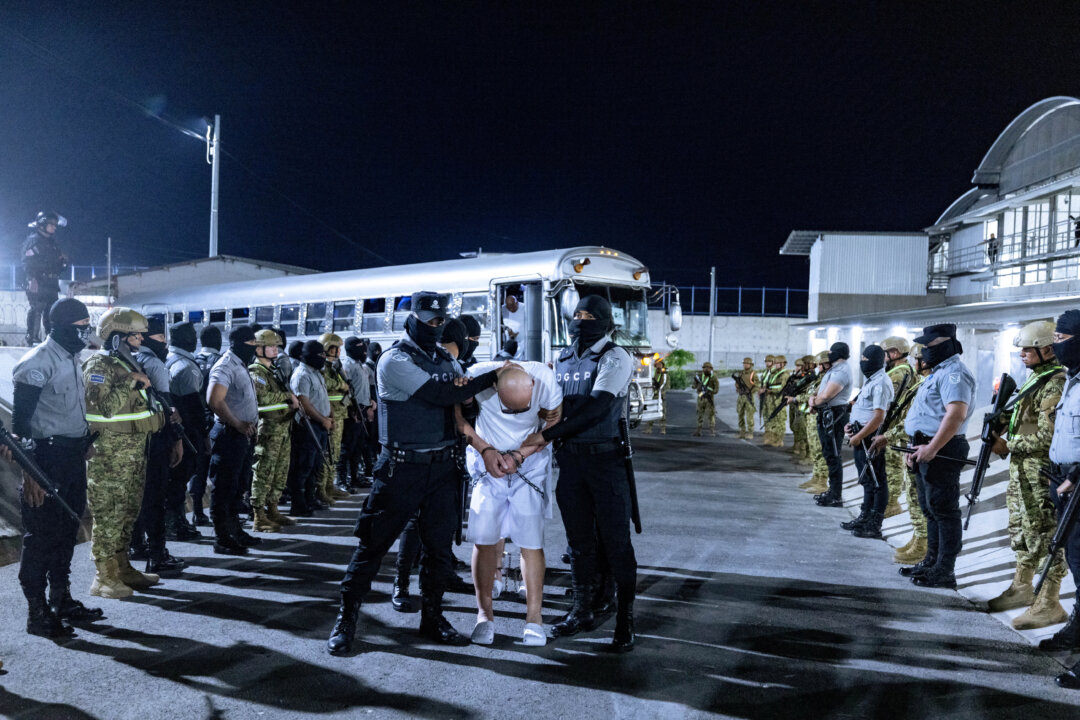



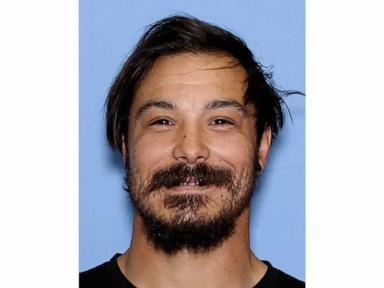
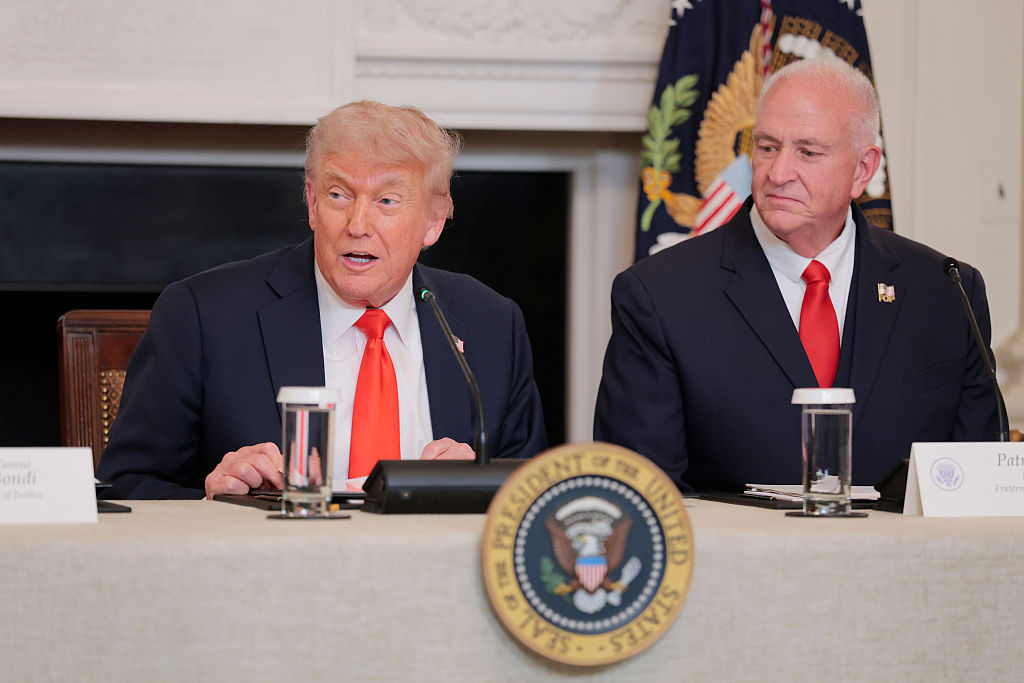


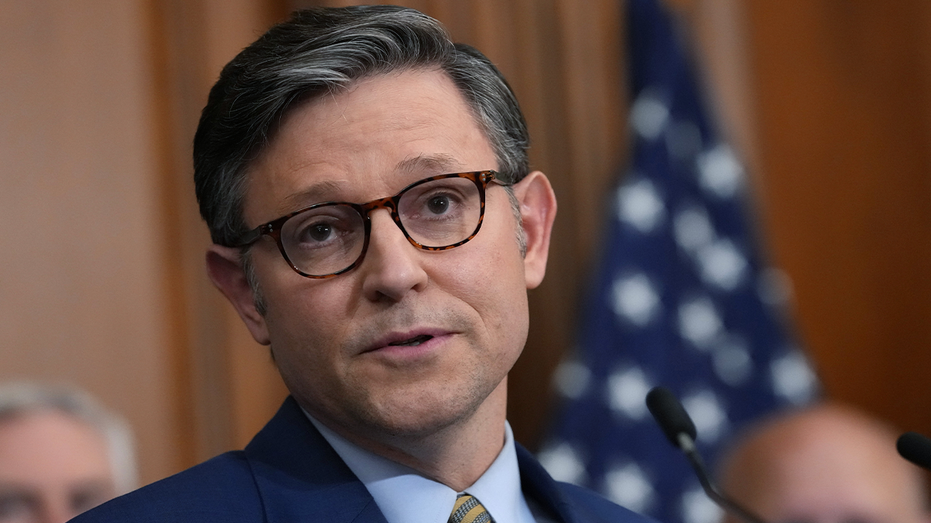
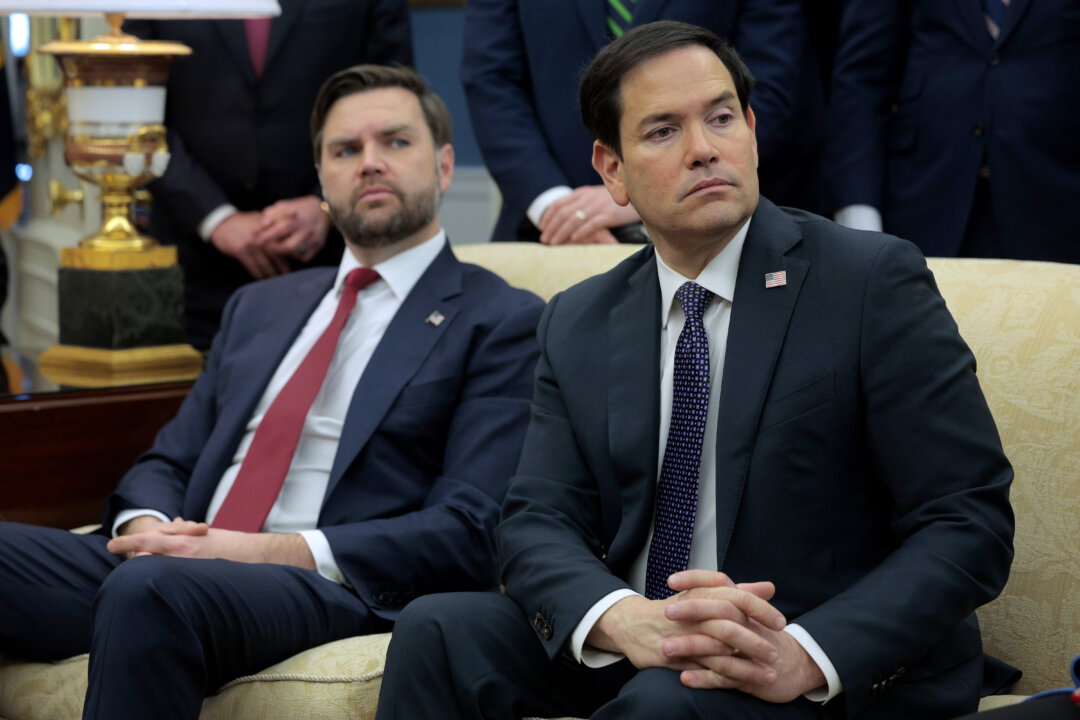
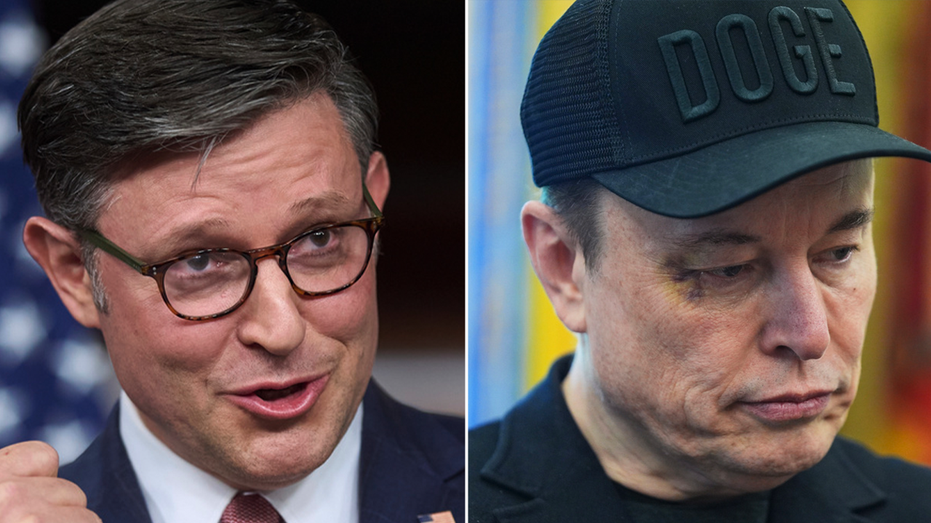

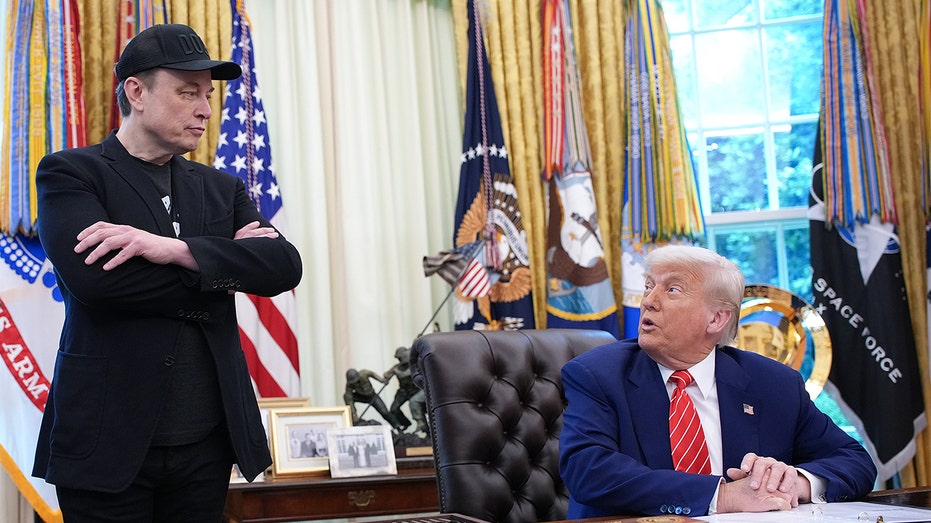
 English (US)
English (US)